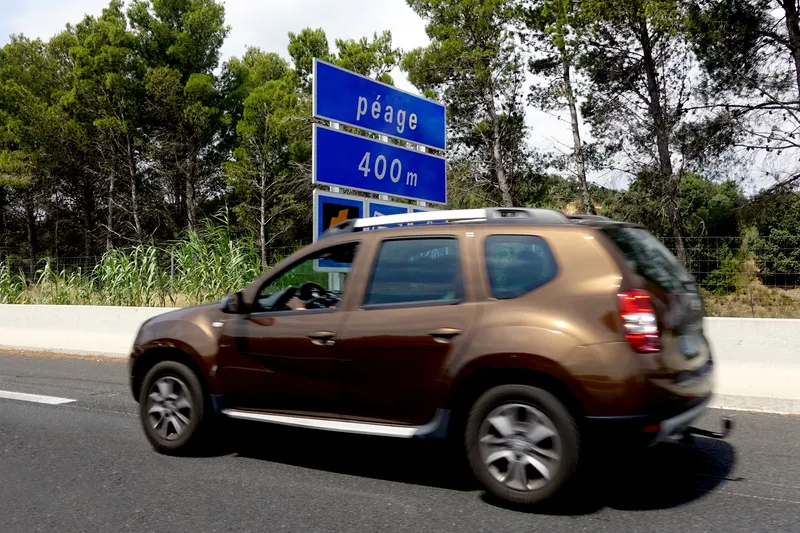
Verra Mobility is offering Rent A Car customers in France automatic contactless payment to pay road tolls by using the motorway Liber-t lanes.
The arrangement, called Easy Péage, is a joint offering with Rent A Car and is the first such payment option in Europe, according to both firms.
The electronic toll collection payment service avoids drivers queuing at conventional cash or credit card toll plazas.
It has the advantages of saving time and fuel, while allowing drivers to adhere to social distancing guidelines.
Customers will have the option of a vehicle with an electronic toll collection payment box fixed on the windscreen.
Payment is €2.5 daily but capped at €12.50 if the contract exceeds five days.
Drivers will access the reserved Liber-t payment gates at the toll locations of France’s 9,100km of motorway without queuing at conventional barriers. The cost will then be automatically debited from the same credit card used to secure their rental contract.
Easy Péage will be tested at approximately 50 locations in the Rent A Car network throughout France, said managing director Anne-Catherine Péchinot.
The objective is to globally deploy this service as an option for any rental, by the end of 2020. Initial Rent A Car locations are in in Ile-de-France, Côte d'Azur, Rhône Valley, Languedoc and central France.
"In the US each year millions of vehicle renters enjoy the convenience and benefits from toll payment without cash or credit card. We now look forward to bringing this technology to not only other countries in the European Union, but ultimately to [all] countries with toll roads,” said David Roberts, chief executive of Verra.









